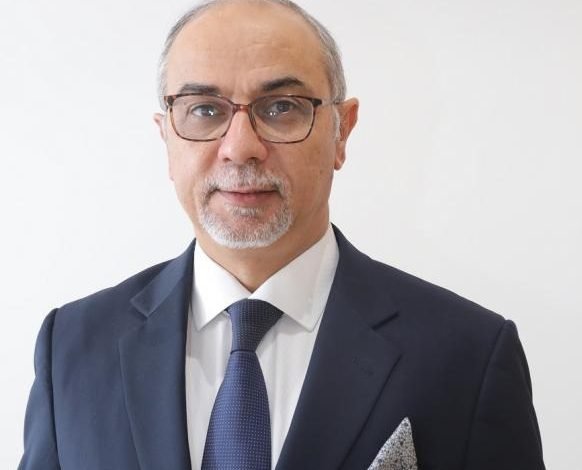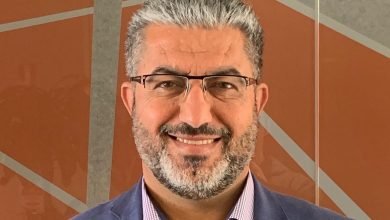
By: Prof. Khalid Wasif Al-Wazani
Jordan Daily – Three global scenes are now unfolding simultaneously, shaping a new trajectory for international monetary policy and the global financial order. Together, they reflect a structural transformation in the balance of economic power that will define the future of money and trade.
Scene One: The IMF and World Bank Reassess Their Role
At the recent Annual Meetings of the International Monetary Fund and the World Bank in Washington, attended by a diverse mix of partners and counterparts, it became evident that both institutions are searching for a new role in a rapidly changing world. The tone of this year’s meetings was markedly different: the language was less prescriptive, more conciliatory, and modest in tone. While the final communiqués reiterated familiar themes—structural reforms, fiscal discipline, and efficiency enhancement—the underlying message was clear: the IMF and World Bank are no longer the sole players in global development finance or crisis management. They have become part of a broader and more complex network that includes China, India, regional development banks, and South–South alliances such as BRICS and ASEAN. Yet, their institutional legitimacy remains irreplaceable. The “seal of approval” they issue to borrowing nations continues to serve as the primary gateway to access international capital markets and maintain global creditworthiness.
Scene Two: The Fed’s Rate Cut—A Tactical Retreat
The second act came with the U.S. Federal Reserve’s recent decision to cut interest rates by 25 basis points—its second such move in months. This step represents a reluctant but significant acknowledgment that the global economy can no longer withstand the cumulative burden of high borrowing costs. The decision, though politically charged and partly driven by electoral pressures, signals recognition that the era of relentless monetary tightening—uninterrupted since the 1980s—has reached its limits. The “silent recession” that had been quietly undermining both consumption and investment finally forced a response. This rate cut, however, is not a sign of recovery, but a recalibration—a move to restore balance in a global environment where Asia’s emerging economies, with their low-cost financing and expansionary monetary policies, are outpacing the West in competitiveness and productivity.
Scene Three: Seoul and the Rise of an Asian-Centered System
The third and most revealing scene unfolded in Seoul, at the Asia-Pacific Economic Cooperation (APEC) Leaders’ Summit, where Asian economies outlined what can only be described as the blueprint for a new monetary and financial world order. Unlike Washington’s defensive tone, Asia’s message was assertive and forward-looking: the 21st century belongs to Asia. From China and India to Korea, Indonesia, and Japan, regional leaders are now openly discussing the creation of a monetary system independent of the existing Western-dominated structure—one that favors the use of local currencies in trade settlements, cross-border digital payment platforms, and the gradual reduction of U.S. dollar dominance. Their vision focuses not on adapting to the old order, but on leading the new one—anchored in production, trade, and technology rather than interest rate differentials and speculative capital flows.
A New Balance of Global Power
Together, these three developments reveal that the world is undergoing a monetary and financial re-engineering process. The next global order will not revolve around a single center of decision-making. Interest rates, borrowing costs, and savings yields will no longer be dictated by one capital or one currency. Instead, the world is moving toward a multi-polar financial landscape defined by digital tools, local-currency settlements, sustainable finance, and cooperative trade mechanisms. For the Arab world, this moment offers a rare opportunity: to be part of the new order as a partner, not a follower. Achieving this requires repositioning fiscal, monetary, and investment policies to operate through mutual interdependence rather than dependency—to gain future standing through readiness, not history.
Khalid Al Wazani is Professor of Economics & Public policy at Mohammed Bin Rashid School of Government (MBRSG), he holds over 33 years of active participation in academic, public service, government, and private sector positions. He can be reach at khwazani@gmail.com .

